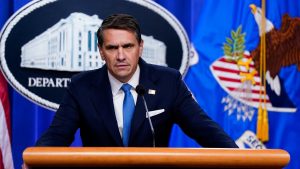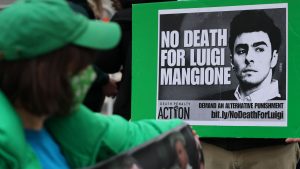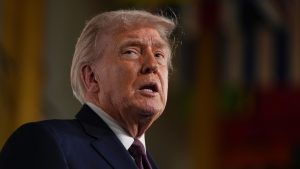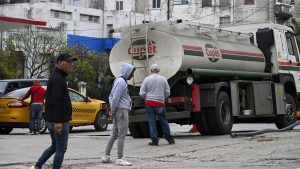Venezuela faces more sanctions if it doesn’t accept deported citizens: Rubio
Ella Greene March 19, 2025 0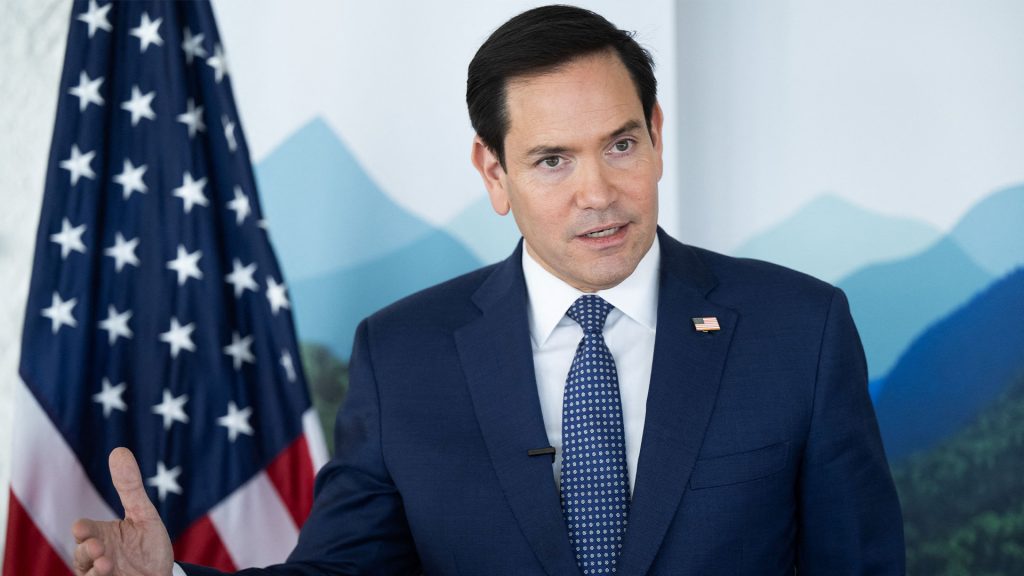
- Secretary of State Marco Rubio warned Tuesday that Venezuela will face more sanctions if it doesn’t accept deported citizens from the United States. Rubio emphasized that the repatriation of citizens is non-negotiable.
- His comments come as the Trump administration ramps up deportations and ends a residency program for 350,000 Venezuelans.
- Over the weekend, El Salvador received 238 members of the Venezuelan gang Tren de Aragua. A U.S. district judge also ruled against returning two planes, a decision senior White House officials called “unlawful.”
Full Story
Secretary of State Marco Rubio said Tuesday, March 18, that Venezuela will face more sanctions if the country does not take back its deported citizens.
“Venezuela is obligated to accept its repatriated citizens from the U.S. This is not an issue for debate or negotiation. Nor does it merit any reward,” Rubio said.
Rubio’s message comes as the Trump administration pushes to increase the removal of migrants living in the country illegally and end a temporary residency program for 350,000 Venezuelans legally allowed to reside in the U.S. while seeking asylum.
Unless the regime of Venezuelan President Nicolás Maduro “accepts a consistent flow of deportation flights without further excuses or delays,” Rubio added, “the U.S. will impose new, severe, and escalating sanctions.”
Last Thursday, March 13, Richard Grenell, the special presidential envoy for the mission of the United States, wrote on X that Venezuela had agreed to resume flights on Friday for deported citizens living illegally in the United States.
Last month, Trump terminated the U.S. permit allowing Chevron to pump and export Venezuelan oil. The decision cut off a key financial lifeline for Venezuela.
Over the weekend, El Salvador’s President Nayib Bukele confirmed his country received 238 members of Venezuela’s gang, Tren de Aragua.
On Saturday, March 15, a U.S. district court judge ordered the two planes to return to the United States. However, senior White House officials called the order “unlawful,” saying the directive came while the planes were over international waters. That judge was subsequently threatened with impeachment.
Related Stories
Ella Rae Greene, Editor In Chief
Ella Greene
Ella and the staff at Clear Media Project (CMP) curate these articles.
Unless otherwise noted CMP does not write these articles.
The views, thoughts, and opinions expressed in the articles published on this blog belong solely to the original authors and do not necessarily reflect the views of the blog owner. The blog owner does not claim ownership of the content shared by contributors and is not responsible for any inaccuracies, errors, or omissions.
All rights and credits goes to its rightful owners. No Copyright Infringement is intended. If you believe any content infringes on your rights, please contact us for review and potential removal.

